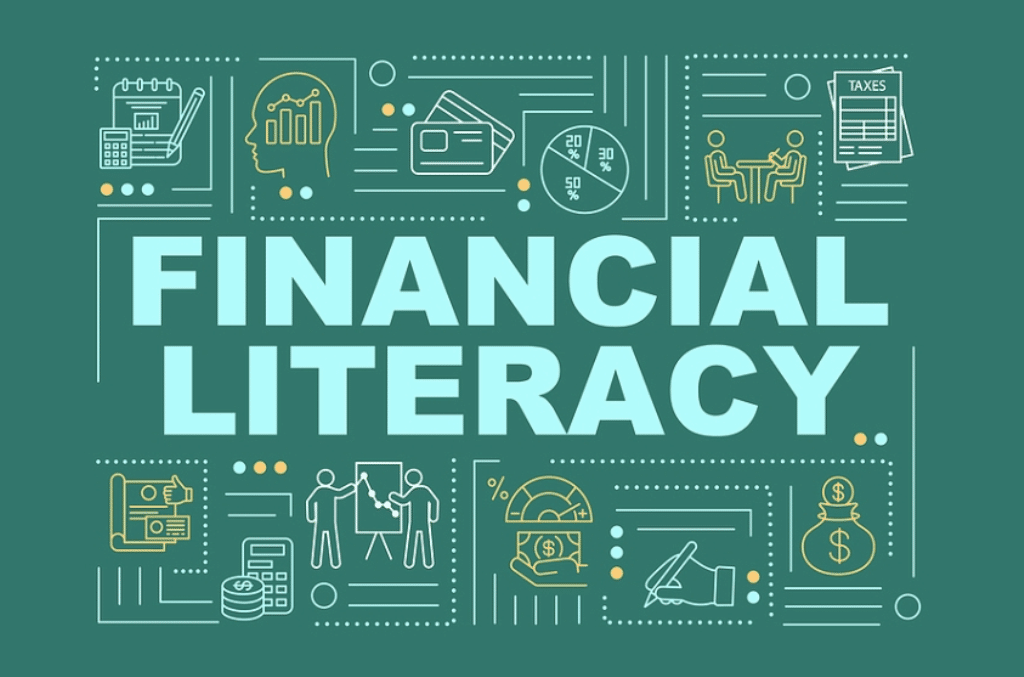Financial literacy is not a science that has a set of rules from economics and management. These are simple tips for organizing spending and helping you save money. How to use credit cards correctly, not to spend money on impulsive purchases, and the like is also financial literacy. It is not taught in schools, so many people have difficulties in such simple things. Here are a couple of practical tips.
Make deposits
You can set aside 10% of your income each month if there is no critical need to spend this money. The easiest way to start saving is to first know exactly how much you are spending. Write down your spending for the month (conditionally). Divide them into necessary, forced, and unnecessary ones. The needless ones should be reduced to those that will become necessary. Forced spending is just as necessary, but those that do not bring strong satisfaction. They can also be reviewed and the ones that are possible can be deleted. If you review your spending and remove unnecessary ones, then there will be more free money. They should be postponed.
Learn how to manage non-cash funds.
Now banking applications and wallet-type applications greatly help to correctly allocate your funds and costs. For example, any banking application has automatic payment buttons. Install them and you will think less about the necessary expenses because they will be made using this function.
There are also bank cards with a Cash-back function. Such cards exist thanks to the cooperation of the bank and many stores. You are refunded some interest on purchases. It is most convenient to use it when buying food and other household goods. This allows you to save a certain amount of money.
But you should not open loans for no apparent reason. Situations are different and this should also be taken into account.
Also, if you are thinking about the security of funds, it is worth noting that any financial transactions within banking and money trackers are reliably protected. Passwords, security codes, and identifications are developed together with insurance software development and are tightly controlled. So don't be surprised by a bunch of messages with checks on your identity.
And that's all-so there is a golden rule of storing funds: you can not store everything in one place. It is better to save some of the cash at home.
Buy correctly
First, refrain from impulsive purchases. Weigh the pros and cons sensibly. Think about whether you need this purchase now or you can make it later when you will be more financially located.
Second, keep a list. Always. This will save you both from impulsive purchases, and from buying unnecessary goods in principle.
Third, don't be fooled by discounts. If you are a fan of sales, then put off big purchases for this season. You need to control that this product is not bought before you and know when a certain store price reduces.
Knowledge of financial literacy will help you save your money and increase it. Its study is an ongoing process. Read books, listen to podcasts, and attend webinars or performance improvement courses.








Leave a Reply: